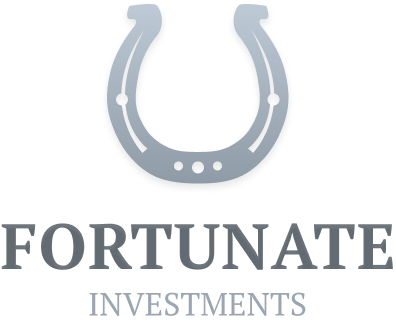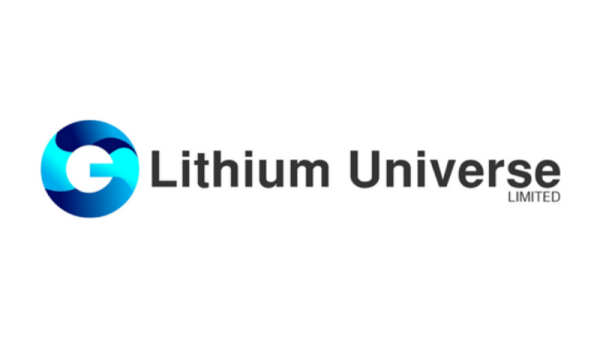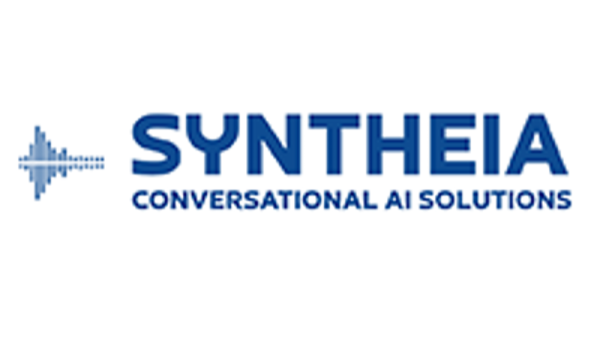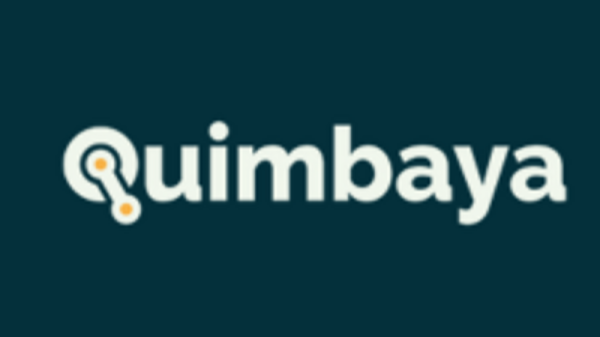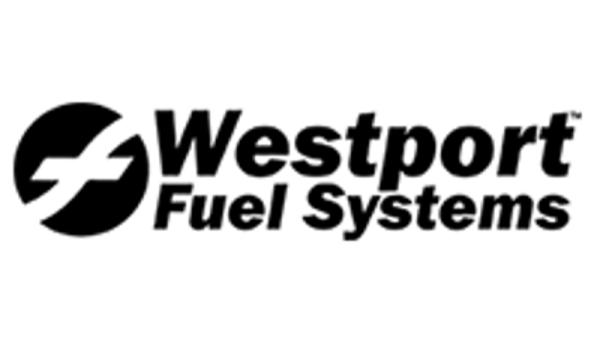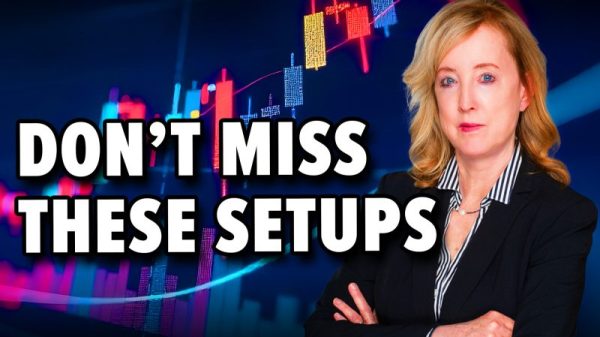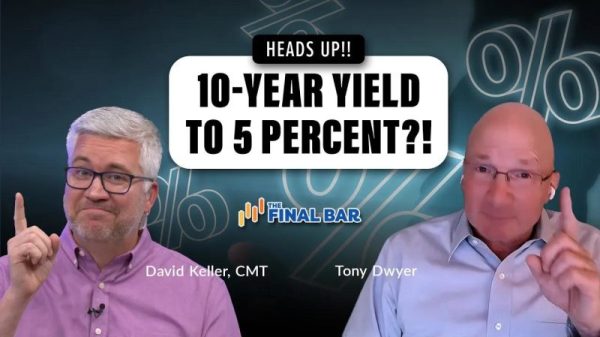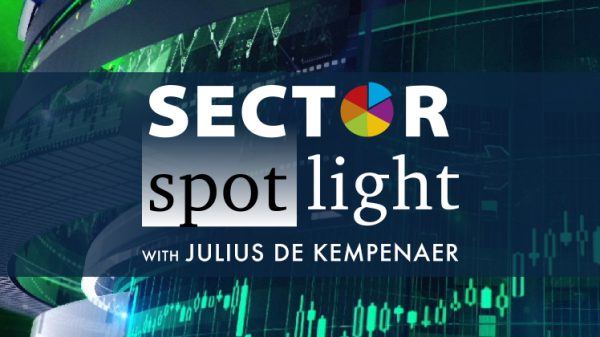The S&P/TSX Venture Composite Index (INDEXTSI:JX) lost 4.85 points last week to close at 581.7.
This past Tuesday (April 30) and Wednesday (May 1) brought the latest meeting of the US Federal Reserve’s Federal Open Market Committee (FOMC). With recent data suggesting inflation has stalled and demand in the labor market has outstripped supply, the FOMC held interest rates at 5.25 to 5.5 percent, a level established in July 2023.
In a statement, Fed Chair Jerome Powell said that, while increases were unlikely, the central bank still needed greater confidence that inflation was sustainably on its way toward its target of 2 percent before it would be appropriate to cut rates.
In a release this past Friday (May 3), the US Bureau of Labor Statistics reported slowing hiring rates in April. There were 175,000 jobs added to the economy during the month, well below analysts’ estimates of 240,000 and far below the 315,000 added in March. The slower hiring pace could be an indication that the Fed’s policy rate may be starting to cool the economy.
North of the border, Statistics Canada released GDP figures this past Tuesday. In the announcement, the agency reported a 0.2 percent increase to the GDP in February, a slight fall off from January’s 0.5 percent increase. However, the mining, quarrying, oil and gas extraction sector saw positive growth, increasing 2.5 percent.
Gold and silver ore mining in particular was up for the third consecutive month, with gains of 4.4 percent in February. This increase in gold and silver came as multiple mines reported increased production and the country exported all-time high amounts of gold, as reported on April 4. The gold price has climbed to new record highs prices in recent months.
In mining news, there were reports this past Friday that a bidding war for Anglo American (LSE:AAL,OTCQX:AAUKF) may be starting as Glencore (LSE:GLEN,OTC Pink:GLCNF) appeared to be eyeing a takeover. This follows news on April 25 that mining giant BHP (NYSE:BHP,ASX:BHP,LSE:BHP) has made its own bid for Anglo American.
This past week also marked the start of operations for Canada’s Trans Mountain Pipeline expansion. The Canadian government purchased the pipeline from Kinder Morgan (NYSE:KMI) in 2018, but faced regulatory delays that caused the cost to soar to C$34 billion. Until now, producers in Alberta’s oil sands have been forced to sell oil at a discount, but the greater volume will provide improved pricing opportunities.
Against this backdrop, how have small-cap mining companies performed on the TSX Venture Exchange this past week? Below are the top five gainers. Read on to learn what’s been moving their share prices.
1. HighGold Mining (TSXV:HIGH)
Weekly gain: 58.62 percent; market cap: C$41.25 million; current share price: C$0.46
Explorer HighGold Mining is advancing its flagship Johnson Tract property near the south coast of Alaska.
The project’s two primary deposits, the high-grade JT deposit and the Elias zone, along with nine other mineral prospects, cover 12 kilometers of strike length on the 21,000 acre property.
A July 2022 technical report shows contained resources of 598,000 ounces of gold, 673,000 ounces of silver, 43.1 million pounds of copper, 51.5 million pounds of lead and 400.8 million pounds of zinc.
HighGold shares saw significant gains this past Thursday (May 2), following an announcement that it had entered into a definitive agreement with Contango Ore (NYSEAMERICAN:CTGO). Contango plans to acquire HighGold for total consideration of C$0.55 per share and an equity value of C$51 million based on the current exchange rate. Under the terms, HighGold will have the right to appoint one director to the combined company’s board of directors.
2. Africa Energy (TSXV:AFE)
Weekly gain: 53.85 percent; market cap: C$133.74 million; current share price: C$0.10
Africa Energy is a South Africa-focused oil and gas exploration and development company.
Its flagship asset is block 11B/12B located approximately 175 kilometers off the south coast of South Africa. The block covers an area of 18,734 square kilometers and depths between 200 meters and 1,800 meters.
Africa Energy holds a 4.9 percent stake in the joint venture project through its 49 percent ownership of Main Street 1549, which itself owns 10 percent of the asset. The remaining partners are project operator TotalEnergies (NYSE:TTE), which holds a 45 percent stake; Qatar Petroleum, which has a 25 percent stake; and CNR International (TSX:CNQ,NYSE:CNQ), which has a 20 percent stake.
In December 2020, the company announced testing at the site had reached 33 million cubic feet per day of natural gas, 4,320 barrels of condensate per day and 9,820 barrels of oil equivalent per day, but said the figures were limited due to surface equipment limitations.
The most recent news from the project came on March 27, when Africa Energy released its 2023 year-end results. In the announcement, the company said it had been negatively impacted by a US$114.2 million non-cash loss due to changes in base assumptions for discount rate, future development and operating costs.
However, it also noted the joint venture is contemplating accelerating the project through development and using nearby infrastructure to supply natural gas and liquid petroleum products to help provide energy to South African markets.
3. Sage Potash (TSXV:SAGE)
Weekly gain: 40 percent; market cap: C$11.55 million; current share price: C$0.21
Sage Potash is a potash exploration company currently working to advance its portfolio of mineral holdings in Utah’s Paradox basin in the US. Historic oil and gas exploration in the basin dating back a century discovered the potential for the potash beds, but they were too deep for mining methods at the time. Sage has since confirmed their presence through its own exploration.
In a revised technical report from February 2023, the company reported an inferred mineral resource estimate of up to 159.3 million metric tons (MT) of in-place sylvinite from the upper potash bed and up to 120.2 million MT of sylvinite from the lower potash bed.
Shares in Sage saw gains this past week following an announcement on Thursday that it will be undertaking a private placement of 13.5 million shares to raise gross proceeds of C$1,822,500. The company said it will use the proceeds to advance its mineral properties and for general administrative expenses.
4. Eco Atlantic Oil and Gas (TSXV:EOG)
Weekly gain: 38.24 percent; market cap: C$77.74 million; current share price: C$0.235
Eco Atlantic is an oil and gas exploration company working to advance offshore projects in Namibia, South Africa and Guyana.
The company’s projects include a 100 percent working interest in the Orinduik block, which is a 1,345 square kilometer area in the Guyana-Suriname Basin, and a 85 percent working interest in four offshore petroleum licenses in Namibia over a 28,593 square kilometer area.
The company also holds a 50 percent and 20 percent working interest in two projects off the coast in South Africa’s Orange Basin.
The company did not release news last week, but its share price still increased significantly to end the period.
5. Reconnaissance Energy Africa (TSXV:RECO)
Weekly gain: 36.9 percent; market cap: C$200.30 million; current share price: C$1.15
Reconnaissance Energy Africa is an oil and gas exploration company working to advance petroleum licenses in the Kavango Sedimentary Basin in Northeast Namibia and Northwest Botswana. The company’s two licenses cover an area of approximately 34,325 square kilometers.
In its most recent update on April 18, Reconnaissance announced it will begin drilling the first Damara Fold exploration well in June of 2024. The company said it is targeting 163 million barrels of prospective oil resources and 834 billion cubic feet of prospective natural gas resources.
The company has not released any further updates.
FAQs for TSXV stocks
What is the difference between the TSX and TSXV?
The TSX, or Toronto Stock Exchange, is used by senior companies with larger market caps, while the TSXV, or TSX Venture Exchange, is used by smaller-cap companies. Companies listed on the TSXV can graduate to the senior exchange.
How many companies are listed on the TSXV?
As of September 2023, there were 1,713 companies listed on the TSXV, 953 of which were mining companies. Comparatively, the TSX was home to 1,789 companies, with 190 of those being mining companies.
Together the TSX and TSXV host around 40 percent of the world’s public mining companies.
How much does it cost to list on the TSXV?
There are a variety of different fees that companies must pay to list on the TSXV, and according to the exchange, they can vary based on the transaction’s nature and complexity. The listing fee alone will most likely cost between C$10,000 to C$70,000. Accounting and auditing fees could rack up between C$25,000 and C$100,000, while legal fees are expected to be over C$75,000 and an underwriters’ commission may hit up to 12 percent.
The exchange lists a handful of other fees and expenses companies can expect, including but not limited to security commission and transfer agency fees, investor relations costs and director and officer liability insurance.
These are all just for the initial listing, of course. There are ongoing expenses once companies are trading, such as sustaining fees and additional listing fees, plus the costs associated with filing regular reports.
How do you trade on the TSXV?
Investors can trade on the TSXV the way they would trade stocks on any exchange. This means they can use a stock broker or an individual investment account to buy and sell shares of TSXV-listed companies during the exchange’s trading hours.
Data for this 5 Top Weekly TSXV Performers article was retrieved at 1:00 p.m. PST on May 3, 2024, using TradingView’s stock screener. Only companies with market capitalizations greater than C$10 million prior to the week’s gains are included. Companies within the non-energy minerals and energy minerals were considered.
Article by Dean Belder; FAQs by Lauren Kelly.
Securities Disclosure: I, Dean Belder, hold no direct investment interest in any company mentioned in this article.
Securities Disclosure: I, Lauren Kelly, hold no direct investment interest in any company mentioned in this article.
